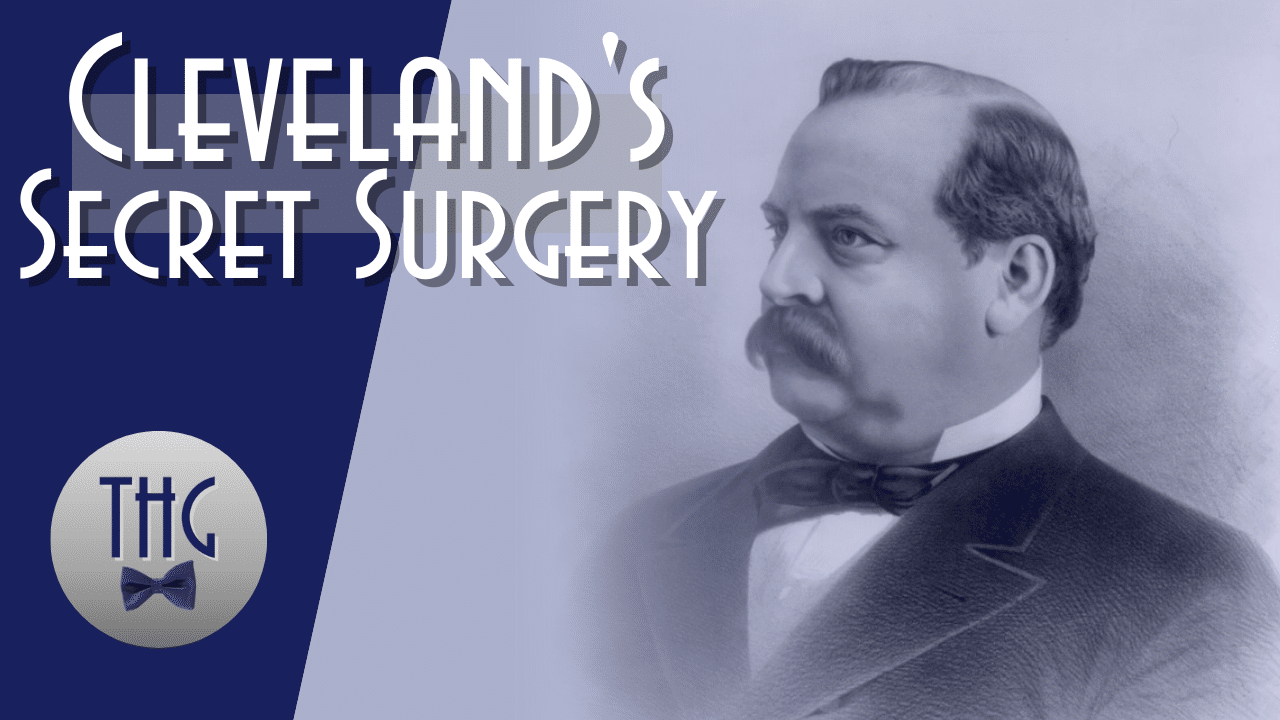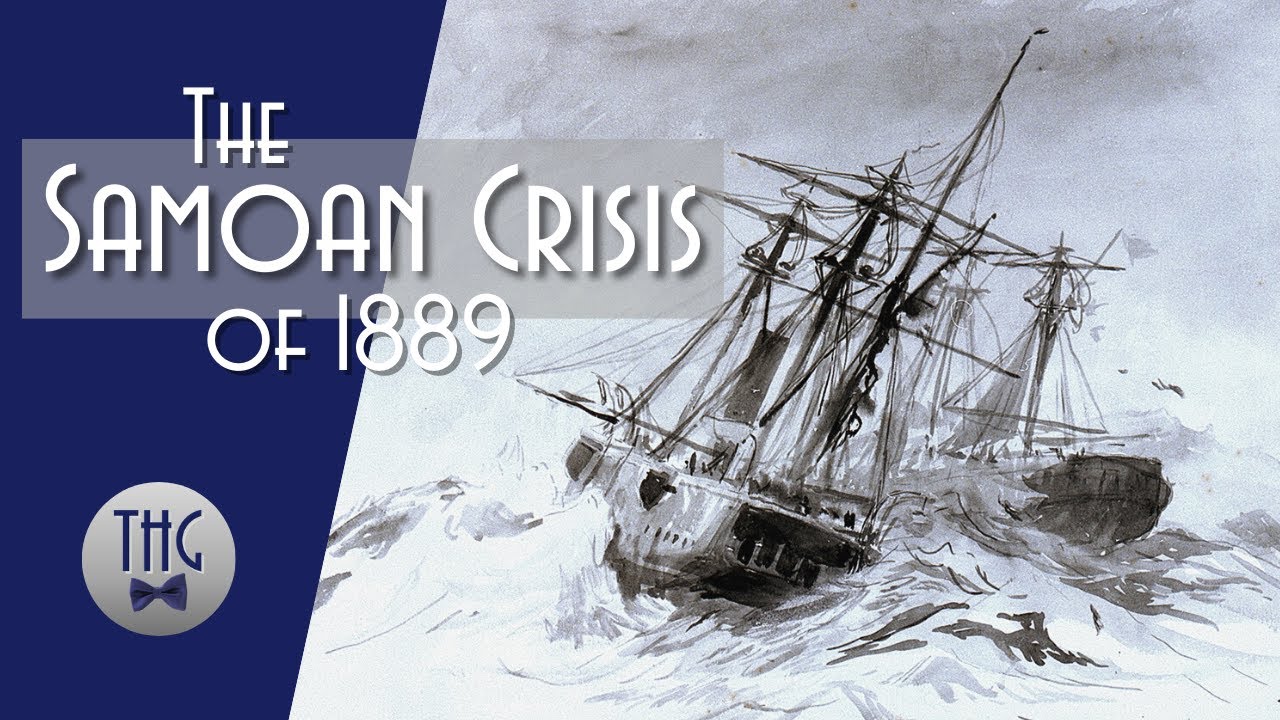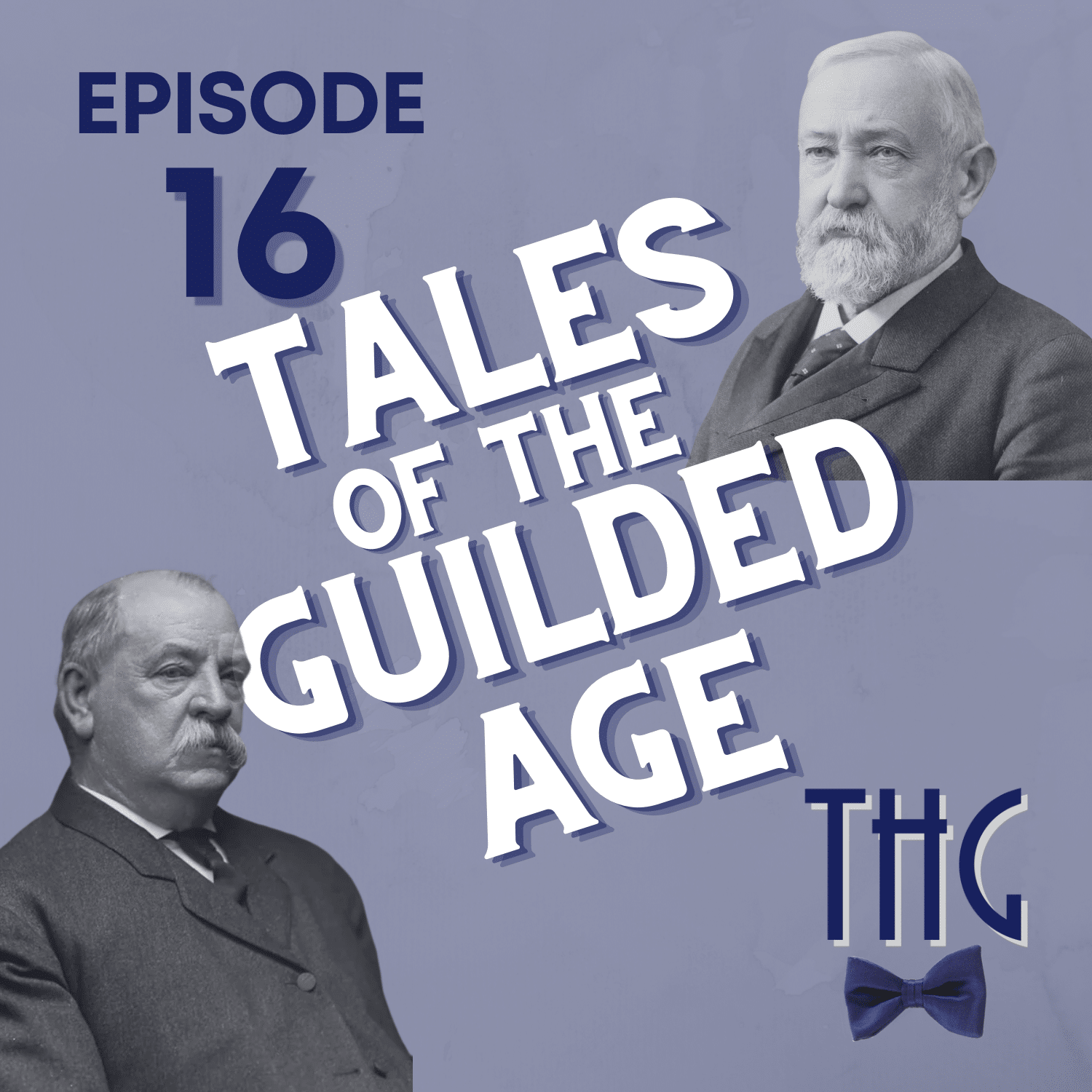Josh Reviews: Grover Cleveland: A Study in Character by Alyn Brodsky
Of all the Presidents that I have read about so far, Cleveland provided perhaps the greatest challenge in choosing a book. It seems that as one of the most obscure presidents authors have mostly focused on “uncovering” him for the public, and I couldn’t seem to find one that was 1. well reviewed, 2. relatively unbiased, and 3. about Cleveland’s whole life and not just his presidencies. Maybe I’m too picky.
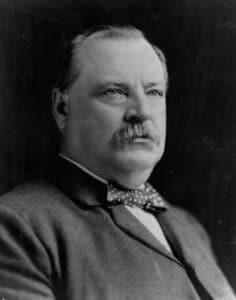
Alyn Brodsky is a reporter and writer, with broad interests. He was the editor of several encyclopedias and numerous books, including biographies of La Guardia and Benjamin Rush, in addition to Grover Cleveland. He was also a combat correspondent and a writer for Stars & Stripes.
I had hopped that Brodsky’s single volume bio would be a good match for me, and maybe it is the best available (as I haven’t read the others, I won’t stand by that statement.) Brodsky really likes Cleveland. The only person he seems to like more than Grover is possibly Grover’s wife, who Brodsky spends quite a bit of time lauding. His conclusions and theses are not surprisingly very pro-Cleveland. Still, Brodsky manages a good biography here, which is thorough and surprisingly blunt and open about Cleveland’s strengths and weaknesses. Brodsky even usually gives Cleveland the blame he deserves for his political naivety or mistakes. It’s just that once he gets through with that he’s still thinks Cleveland is pretty damn great.
I really enjoyed several sections of this biography. I loved the section on Samoa and the run-in with newly Imperial Germany(which inspired this video), as well as the argument over Venezuela and Cleveland’s stand on the Monroe doctrine. I think that Brodsky makes a pretty good argument about Cleveland’s honesty and integrity, and the weaknesses it engendered in his politics. On the other hand it is difficult to come out of this book, where Brodsky spend 450 pages being complimentary, and not thinking the guy is pretty decent. I wish that Brodsky had left his personal feelings about the moral standing of recent presidents out entirely. I don’t care if he thinks Clinton and Bush are less honest than Cleveland.
The thing I disliked the most about this book is that Brodsky, in making his tone somewhat conversational, kind of steps over the line from “easy narrative” to “historian trying to be funny over a beer”. “Ben Butler did not earn enough votes to swing a cat, much less an election.” “It perpetuated the hostility between Cleveland and Tammany Hall that at times threatened to inflict on the Democratic party what Humpty Dumpty inflicted on himself through egregious carelessness.” These kind of passages are unfortunately common. They add… color, I guess. But mostly just.. ugh. He also just writes some sentences that drip too much with pretentiousness for me (and I’m famous for choosing long words where short words would do.)”Be it of a nation or a corporation, unless he had abundant confidence and does not fear comparison a leader of limited cerebral aptitude can no more be expected to surround himself with men of intellect than a morally pusillanimous man can be expected to surround himself with morally puissant underlings.” I think most of us would agree that that sentence is a bit much. And honestly not saying much anyway.
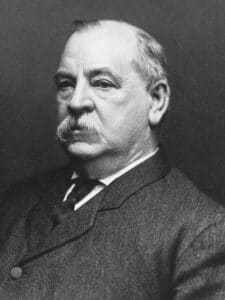
The two main subjects that Cleveland supported that were unpopular, but that he believed were ultimately in the people’s best interest, were tariff reform and a return to the gold standard. Brodsky does an excellent job, I feel, exposing the dangers of “bimetallism” or even full silver-backed money. The unequal values of the metals and the weak financial health of the country seemed to require the gold standard, but silver interests were busy being financed by great mines in the west. He makes some good points on the problems of tariff reform, too, so that ultimately on those two things I can stand behind Cleveland. Cleveland didn’t do a good job politicking for those though, and he made quite a few mistakes on the way there. Brodsky admits Cleveland was not an intellectual, but a thorough investigator and a hard worker. Cleveland just wasn’t always very good at statecraft. It is interesting, though, to see in the man the changing attitudes of the people. Unlike some other presidents who ran for terms well after their first (like Van Buren) Cleveland’s beliefs and basic policies and proposals changed very little, and yet after being pushed out of office, they brought him back in, kicked him back out, and then very nearly asked him to go into the ring AGAIN in 1904. Cleveland stuck by his principles in a way that reminded me of Buchanan’s belief that he would only act in ways he believed the constitution allowed him to. At least Cleveland was an honest administrator, a committed if not always successful reformer, and scrupulous with the public’s money.
The thing is, for all of the nice things that Brodsky has to say about the president, and how much credit Cleveland is given for bringing “honesty back to the American government”, and even despite Cleveland being the only Democratic President elected between the Civil War and World War I, he can’t quite convince me that Cleveland wasn’t a fairly middling president, in legacy similar to many of the others on either side of him. Still, the book does provide a good read of Cleveland’s life, with some poignant moments and a pretty strong sense of narrative even if it gets a little too colorful for my taste sometimes.


